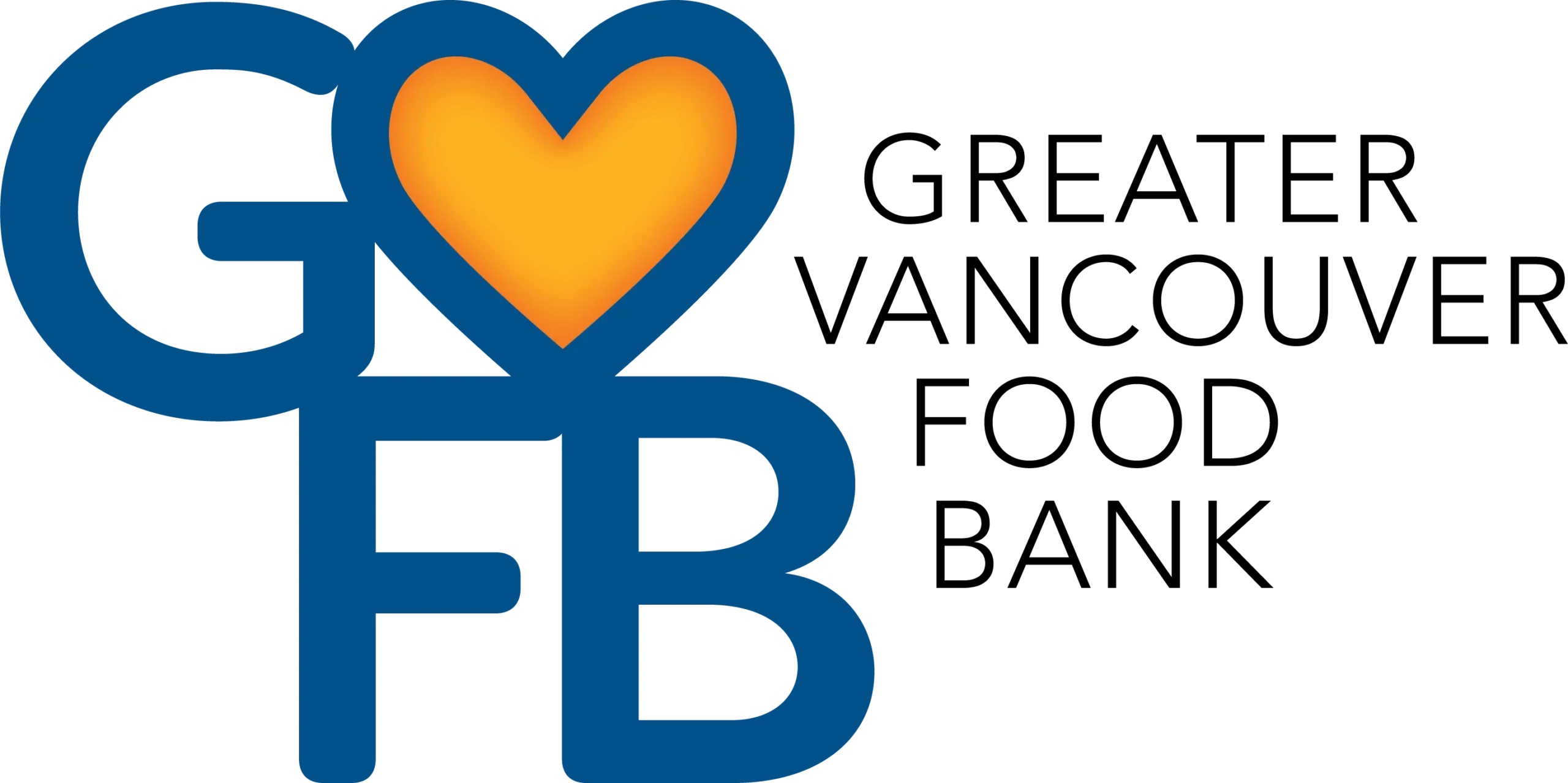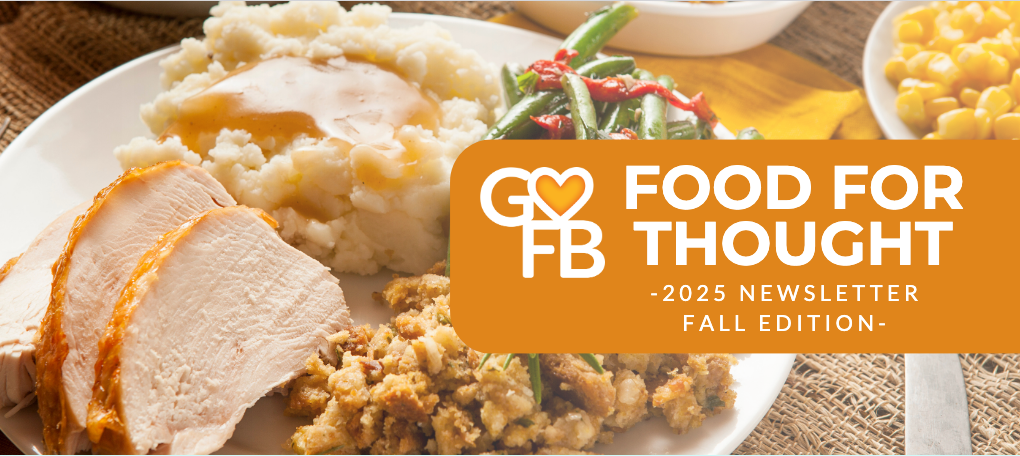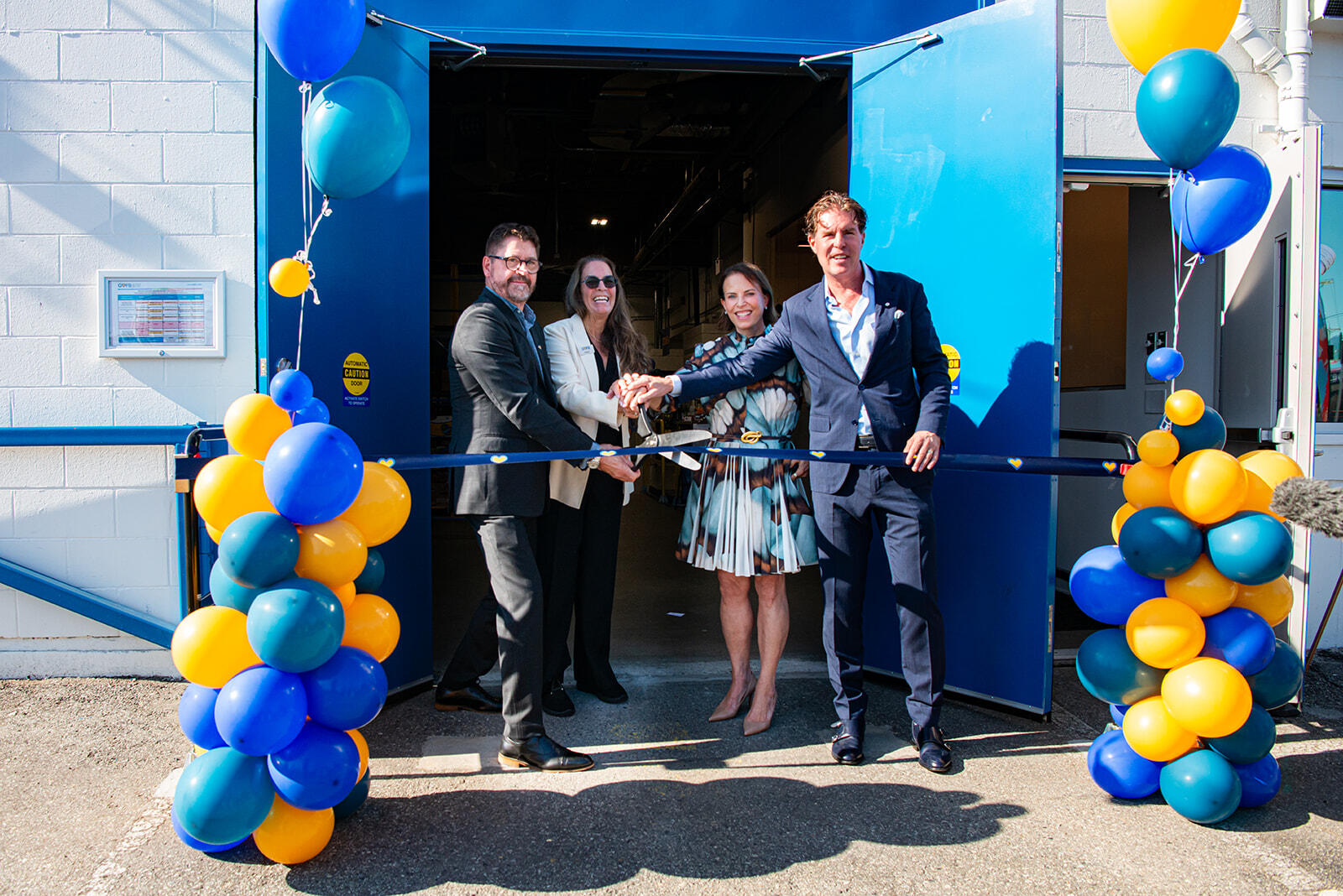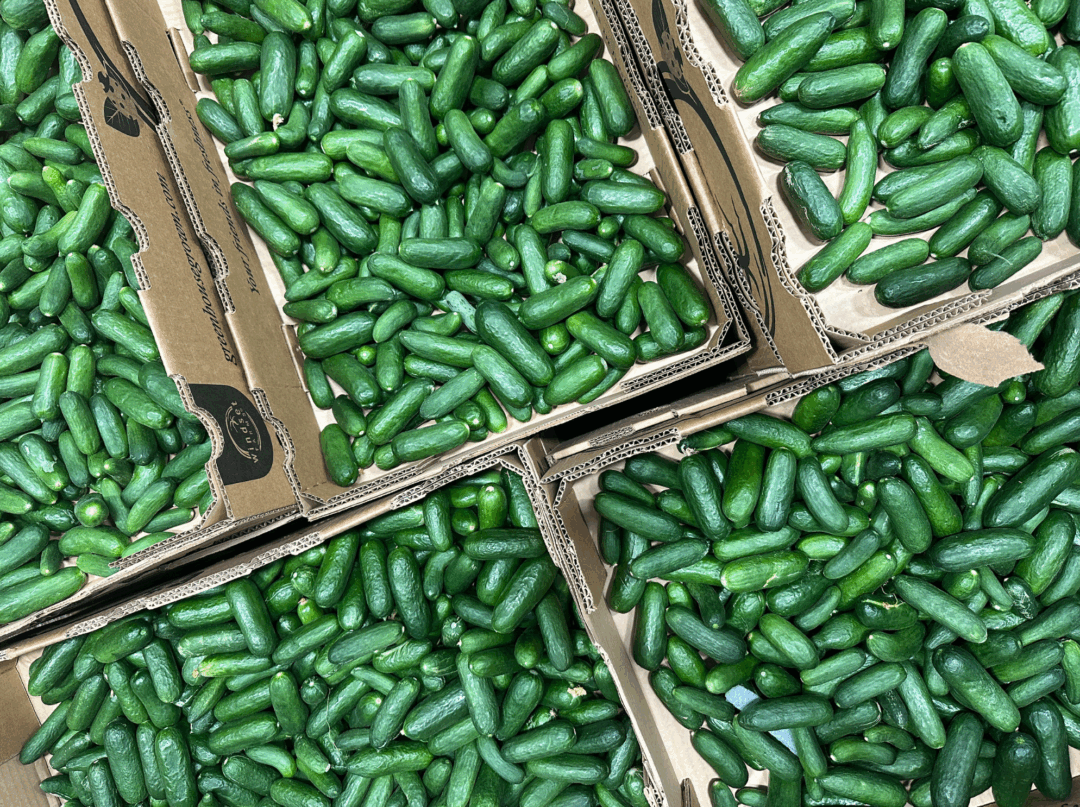Burnaby, BC – March 17, 2020 – In order to ensure the health and safety of all our stakeholders, the Greater Vancouver Food Bank has put into place additional measures as we face the challenges presented by COVID-19. At the same time, we are in great need of financial donations, shopping bags and volunteers, to ensure that we can continue to provide what we view as an essential service to those who are food insecure across Greater Vancouver.
“Our top priority is to protect the health and safety of our clients, volunteers, and staff, while ensuring that we continue to provide food to all those who need it across the Greater Vancouver area,” said David Long, Chief Executive Officer of the Greater Vancouver Food Bank. “We are not currently receiving any additional support from provincial or national industry bodies, and we receive no government funding. As such, we rely solely on donations from the public, businesses and granting foundations so that we can support our clients in need in Vancouver, Burnaby, New Westminster, and on the North Shore.”
“While people across the lower mainland have spent the past days filling their pantries, it is important to keep in mind our neighbours who face food insecurity,” said Cynthia Boulter, Chief Operating Officer of the Greater Vancouver Food Bank. “Food insecure people cannot afford to stockpile food, and we are here to ensure they have access to a continuous supply of it. We are unsure if our food industry donors will be able to continue providing us with critical donations we rely on, and we have to mitigate that risk.
”At this time, the Greater Vancouver Food Bank is issuing an urgent call for the following:
- Financial donations – We may need to purchase more food than expected in the near future and we’ll need the public’s help with that. We can make donated dollars go much farther than donated food, because of our buying power. We make it easy! Donate to the Greater Vancouver Food Bank at: https://foodbank.bc.ca/donations/donate/
- Shopping bags – To protect everyone’s health and minimize the amount of time our clients spend in our community food hubs, we have shifted from a market style shopping model to pre-packed grocery bags for individuals, couples, and families. And we need more bags! Tens of thousands of them. We are asking retail businesses to donate their shopping bags of all sizes.
- Volunteers – In order to ensure we get pre-packed grocery bags to our clients each week, we need more volunteers now! To all the employees of companies that have shut down operations such as Lululemon, Aritzia, Apple, Lush and Great Canadian Gaming, if you are healthy and want to help your community, we have a place for you to give back! Come join us on the front line.
- To protect the health and safety of our volunteers, we are limiting group size to no more than 25 people at a time, we have gloves for everyone and clear procedures around frequent hand washing, we have increased our sanitization procedures, and we will refuse entry to anyone who appears ill or who should be under self-isolation. For more information about volunteering, please contact Rebecca at RebeccaR@foodbank.bc.ca
Contact: Cynthia Boulter, Chief Operating Officer: cynthiab@foodbank.bc.ca
About the Greater Vancouver Food Bank: The Greater Vancouver Food Bank provides assistance to 8,500 – 9,000 people weekly through 13 locations across Vancouver, Burnaby, New Westminster and the North Shore. 25% of our clients are children and youth, 22% are seniors. We also provide food support to approximately 80 community agencies, who in turn provide meals and snacks to tens of thousands of people each week. The Greater Vancouver Food Bank receives, purchases and distributes approximately 4.5 million pounds of food each year. Because of our size, scale and unique position in the local food system, we have significantly greater buying power than can be achieved at the grocery store, and can purchase as much as $3 worth of food for every $1 donated, maximizing the impact of our donors’ generous contributions. We receive no government funding, and exist solely through the generosity of individuals, corporations and foundations in our communities.





